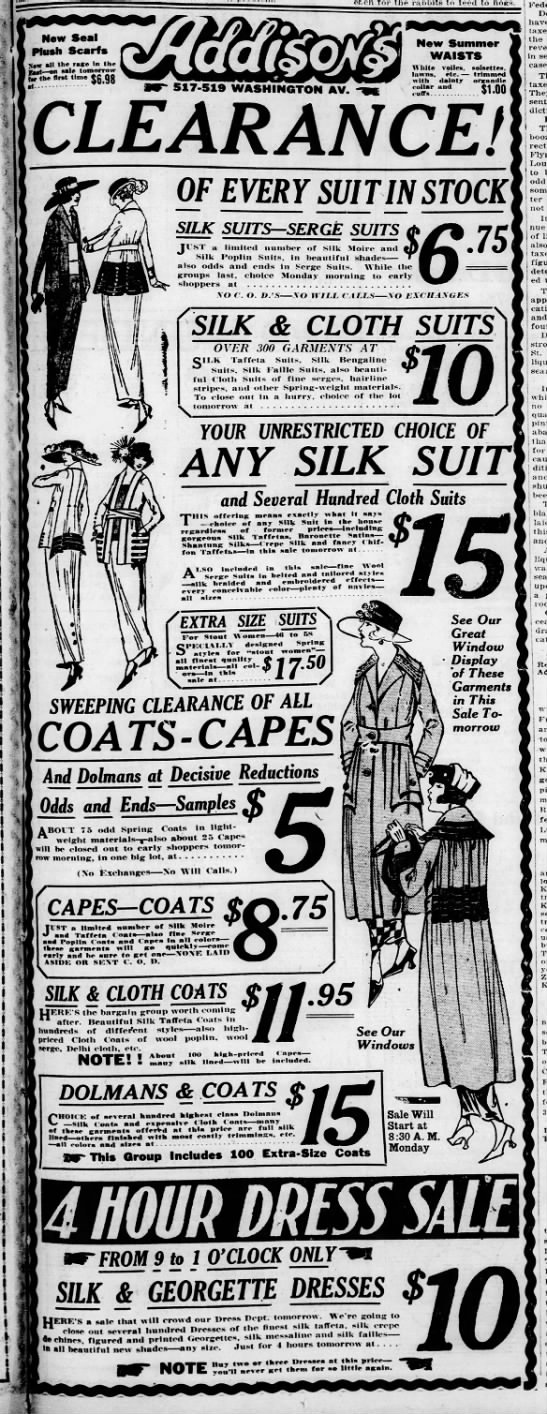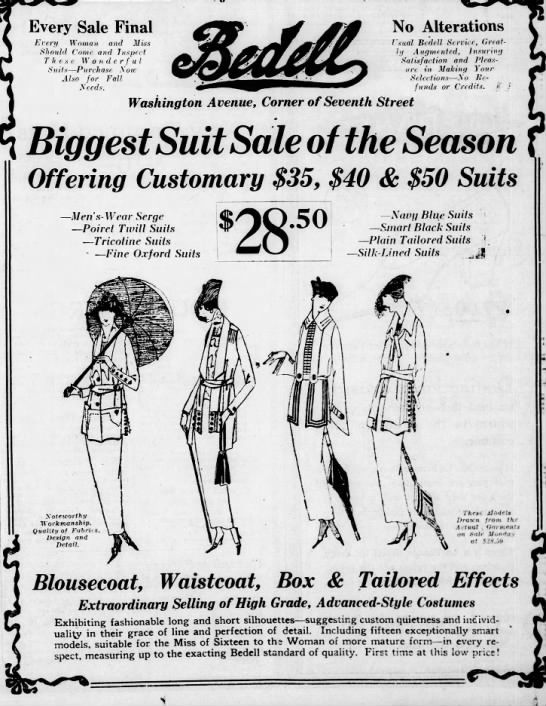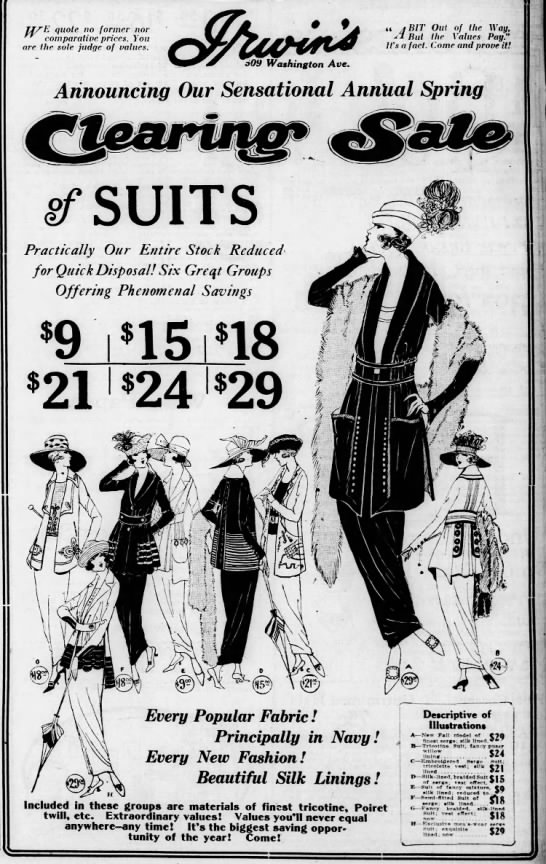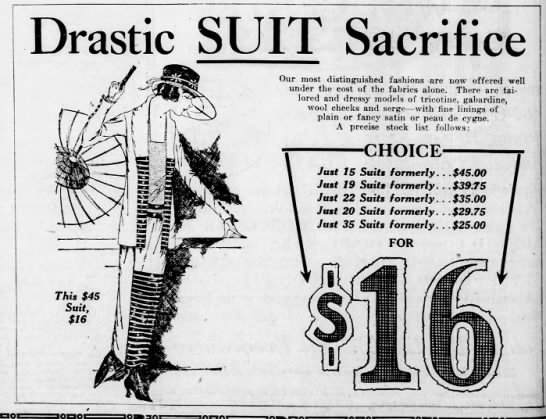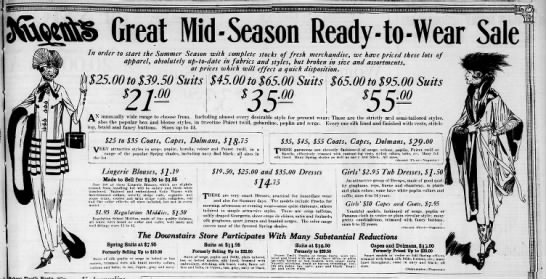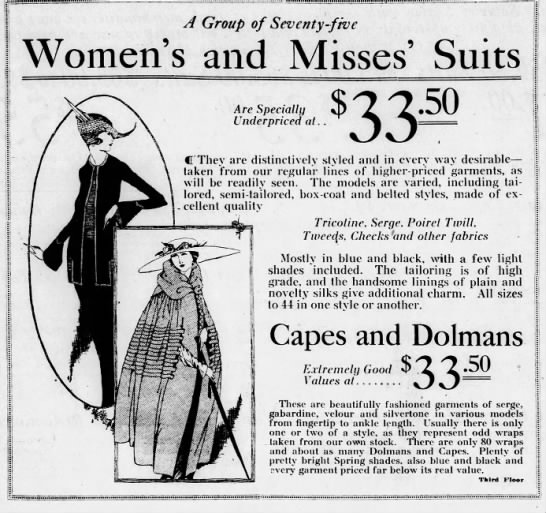Which of us has known his brother? Which of us has looked into his father's heart? Look Homeward, Angel, Thomas Wolfe
In the years between my father's retirement and his recovery of grief over the early loss of my mother, he bought an electric typewriter and wrote his memoirs. Dad took his pages to the office supply store and printed and bound them to distribute among his family and friends. Dad was very proud to know people enjoyed reading about his childhood growing up during the Depression in a changing world, his father's time as a volunteer fireman and building a gas station, his adventures in scouting and camping along the Niagara River, meeting my mother, and running the family business after his father's death until our move to Detroit where he hoped to secure a job in the auto industry.
I shared these memories on my blog and on Facebook, attracting lots of readers from our hometown. But there was much missing between these stories. He wrote little about his marriage and us kids. And stories that he told me that were more personal, or that Mom had shared, were left out.
We show the world who we hope we are, hiding the deepest pain and loss and hurt. The conflicted feelings of guilt and embarrassment of bad choices, the pain we wrecked on others, we leave buried in our own hearts. We carry these things alone. Which of us has truly known our father, or mother, or sibling, or spouse?
"The more I read the letters, the more I thought to myself: Why did he write them like a journal...if not for me to find them and give him a voice again, to show the determination, romanticism, and patriotism of a man who once was called un-American?" from A Good American Family by David Maraniss
David Maraniss had written about other people's stories, from Vince Lombardi and Clemente to Bill Clinton and Al Gore. He decided it was time to look into his own father's life. He had "desensitized" himself to what his father Elliott Maraniss had endured "during those years when he was in the crucible, living through what must have been the most tyring and transformative experience of his life."
In 1952, Elliot Maraniss was brought in front of the House Committee on Un-American Activities in Detroit, Michigan.
He was a newspaperman, a graduate of the University of Michigan where he had worked on the Daily newspaper and found kindred spirits dedicated to progressive values. Elliott married into a family committed to the perceived virtues of communism. He enlisted to serve in WWII right after Pearl Harbor. But the government was tracking communists, and although an exemplary officer, he was deemed untrustworthy. Instead of seeing action, Elliot was relegated to the Quartermaster Corps, and because of his passion for racial justice and equality, put in charge of a segregated African American unit. He put all his energy into growing the men into a stellar unit. He held an American optimism that people can overcome the obstacles of "race and class, education and geography and bias."
In the 1930s, communism seemed to be society's best hope for equality and justice, attracting people of progressive ideas. The attraction waned as Stalin took over Russia. Maraniss shares the stories of men whose high ideals brought them to the Communist Party. Some of his U of M friends went to fight in the Spanish Civil War, which was against American law.
"There are aspects of his thinking during that period that I can't reconcile, and will never reconcile, as hard as I try to figure them out and as much of a trail as he left for me through his writings." from A Good American Family by David Maraniss
A Good American Family is the story of his father and his generation of progressive idealists during the Red Scare. Maraniss plumbed the records to understand his father and reconcile the man he knew with the man who stood in front of the House Un-American Committee--was he a revolutionary or on "the liberal side of the popular front?"
Maraniss draws on his father's letters and newspaper articles and obtained access to government files. He tells the stories of the men behind the hearings and the grandmother who was paid to infiltrated the Michigan Communist Party and gather names. The overarching narrative is the story of how the Red scare was born and grew in power. The House Committee hearings were not legal court procedures and those on the stand did not have the protections offered in court hearings.
What is a 'good American family'? Can we hold and voice personal convictions that some deem threatening and still be considered good citizens? The book is a personal history and a record of the abuse of unbridled power unleashed by fear.
I received a free ebook from the publisher through NetGalley in exchange for a fair and unbiased review.
A Good American Family
by David Maraniss
Simon & Schuster
Publication Date: May 2019
$28 hardcover
ISBN13: 9781501178375
Read about Maraniss's previous book Once in a Great City at









